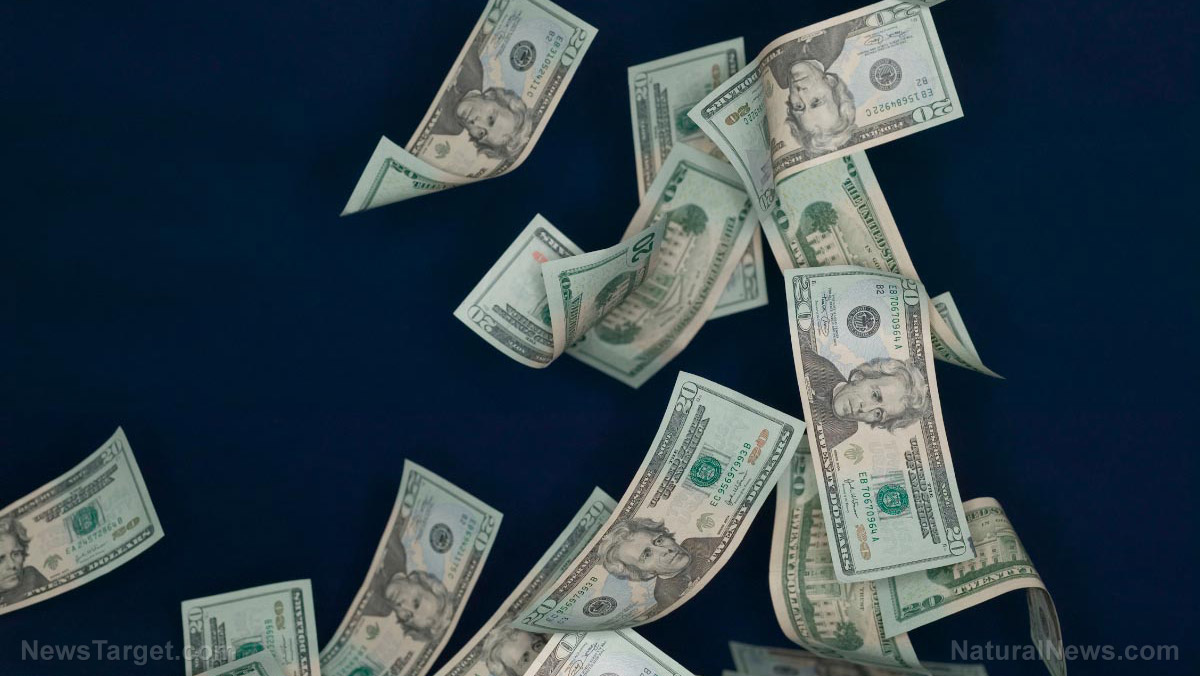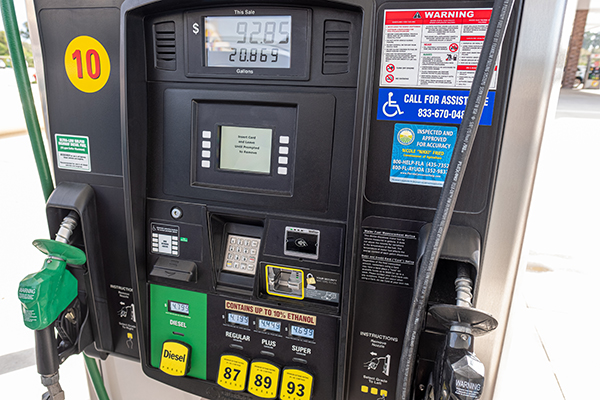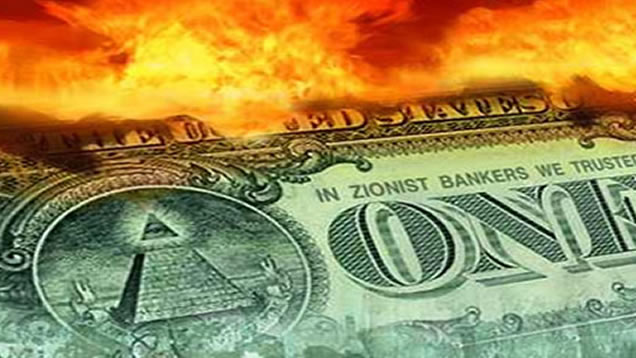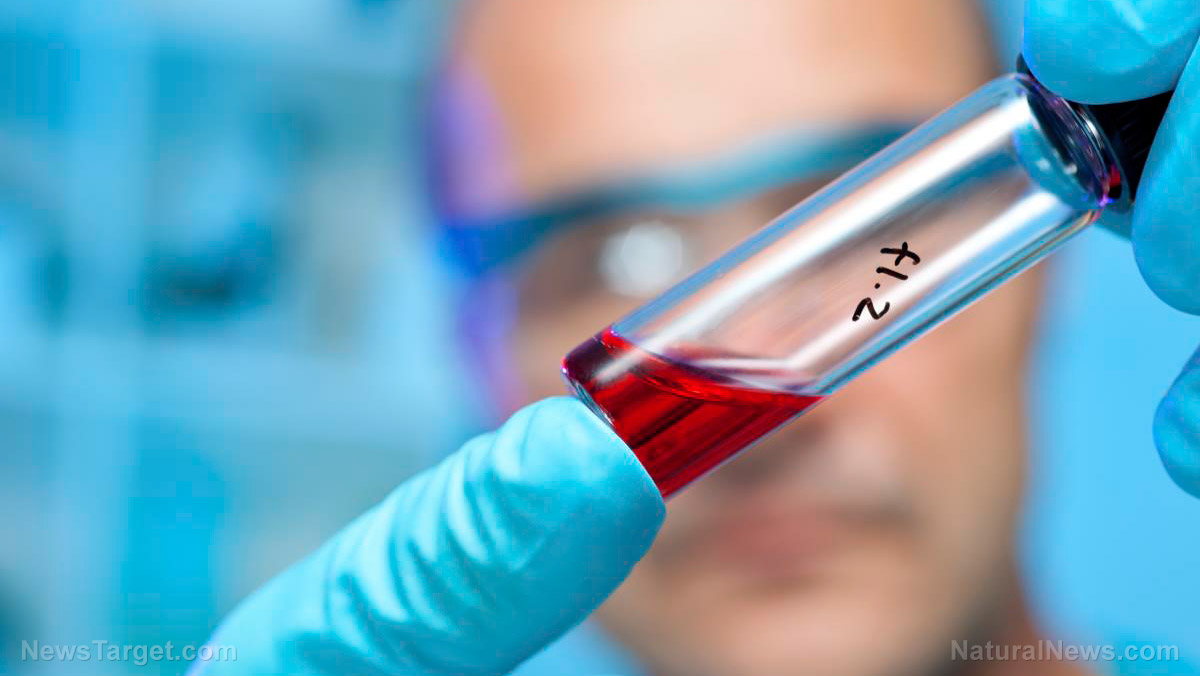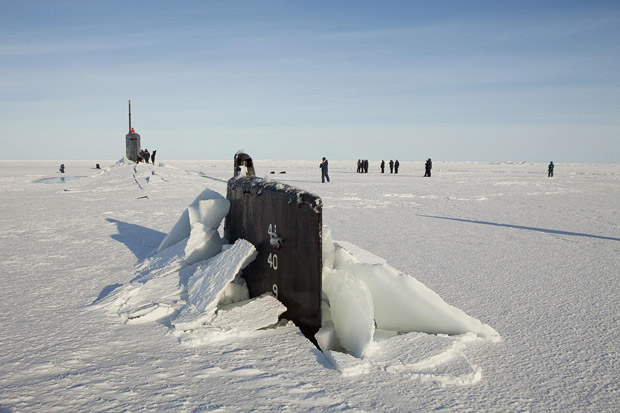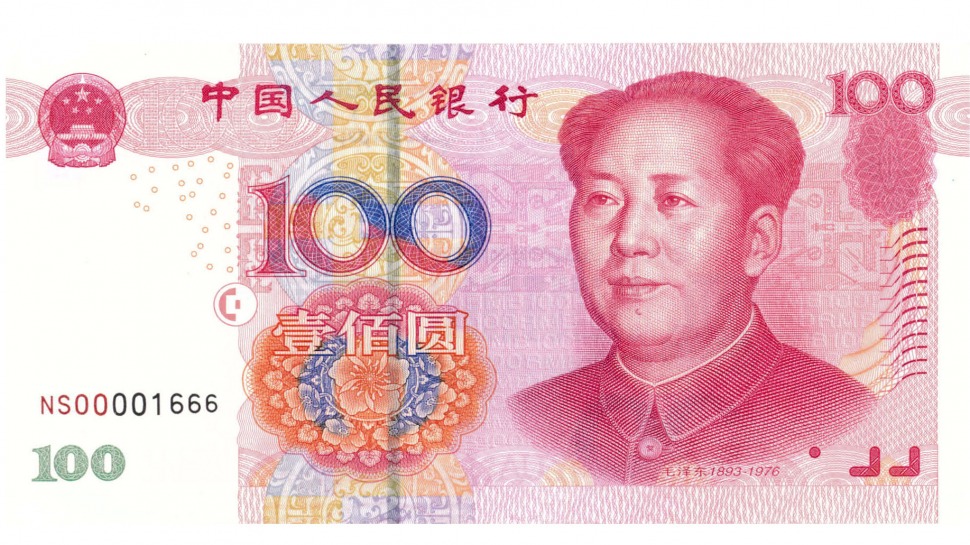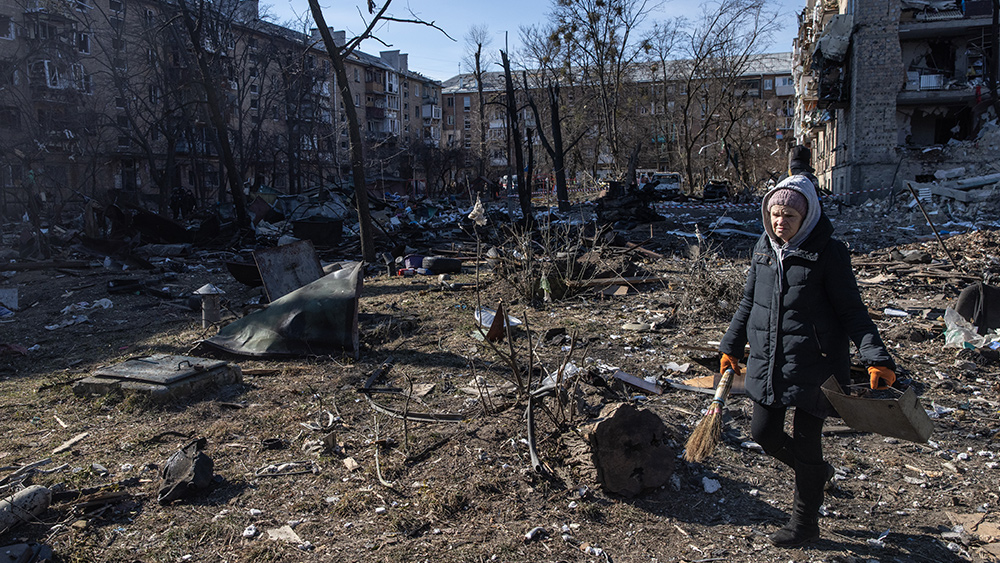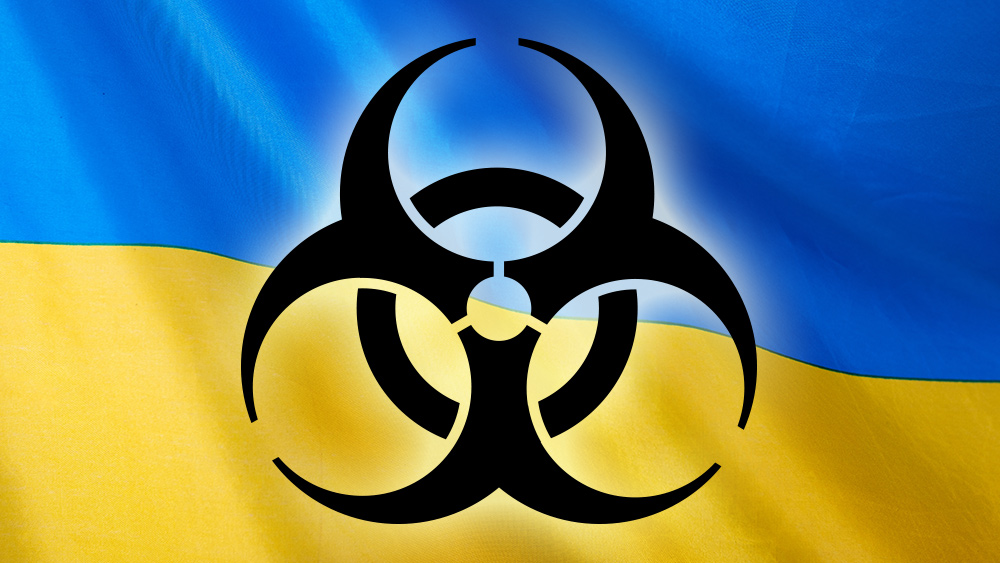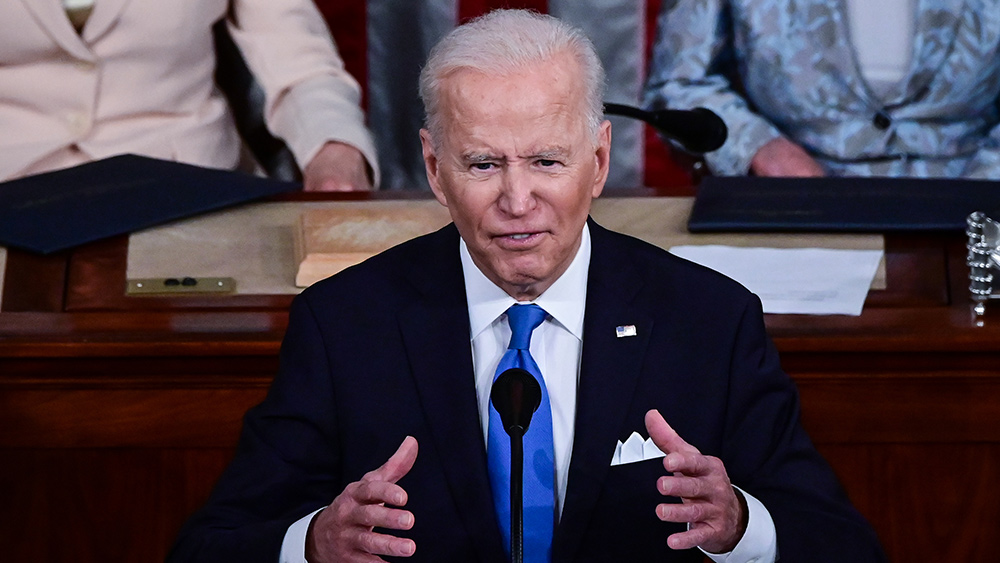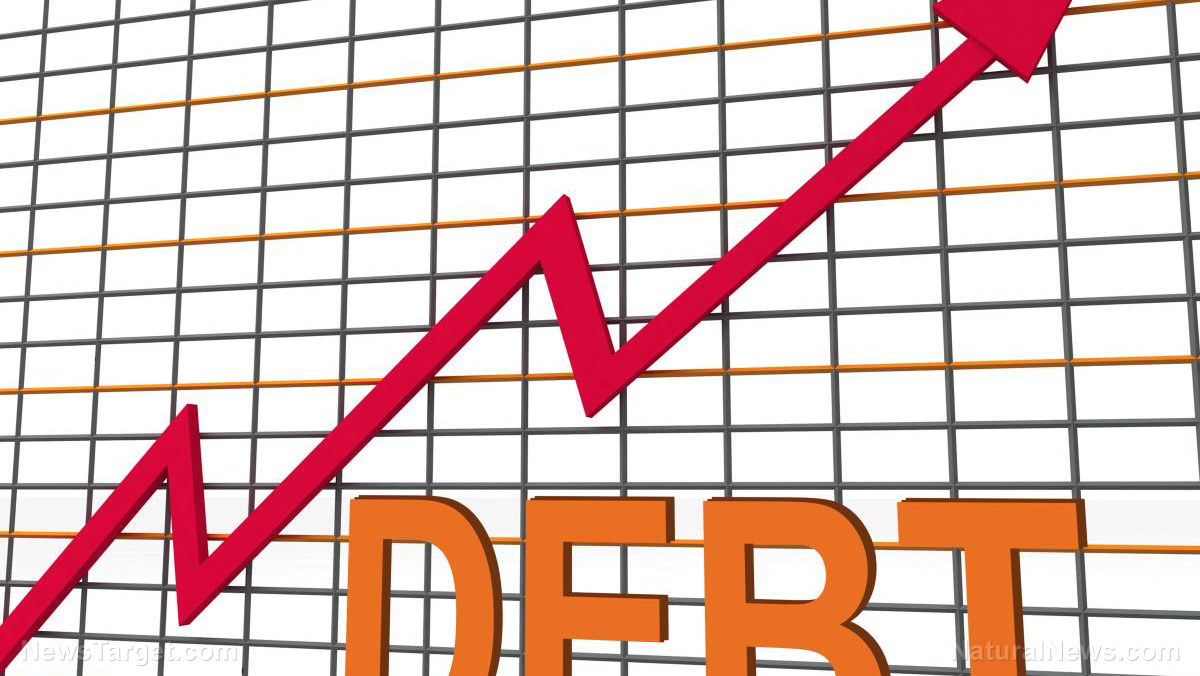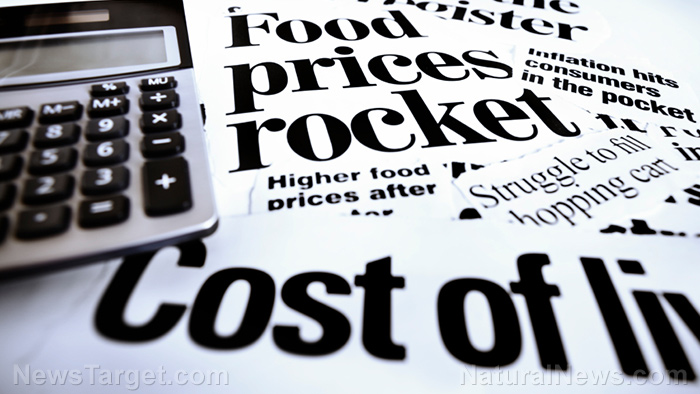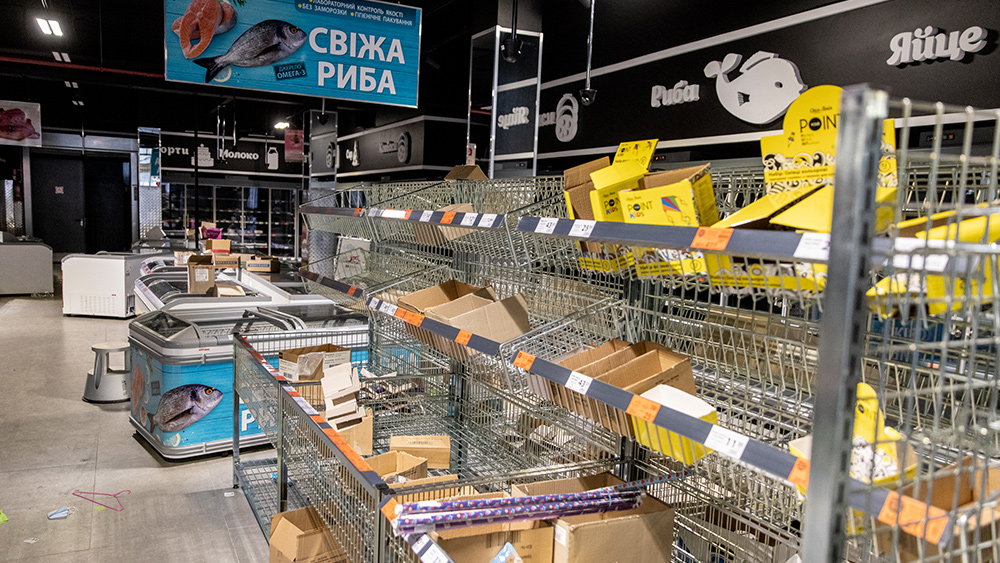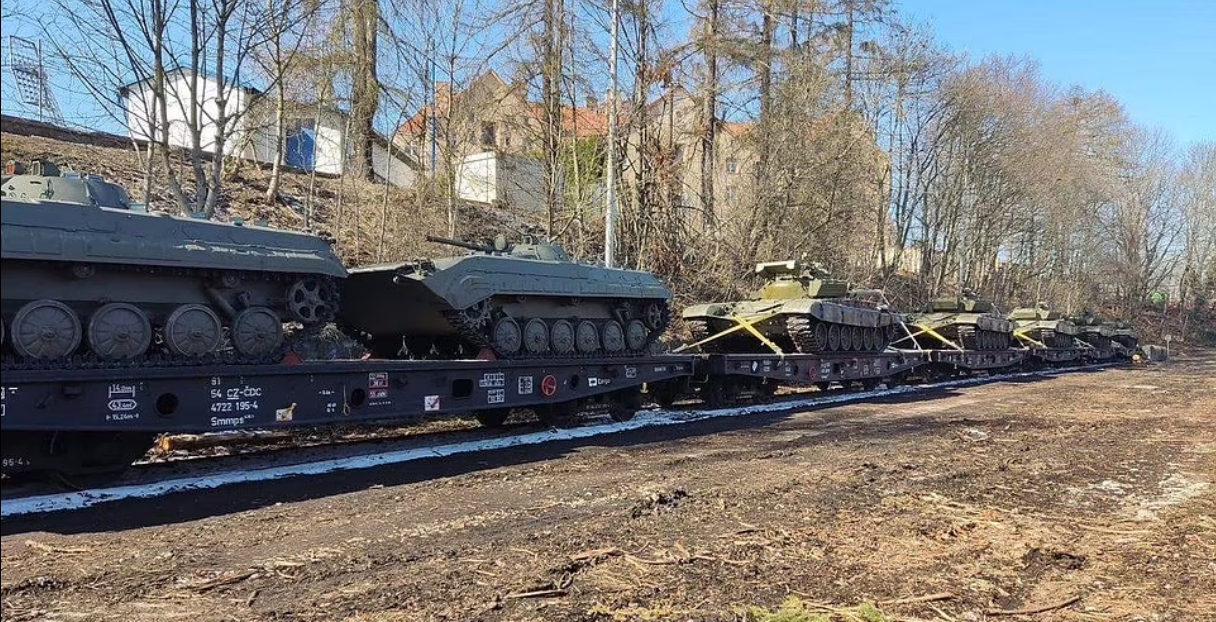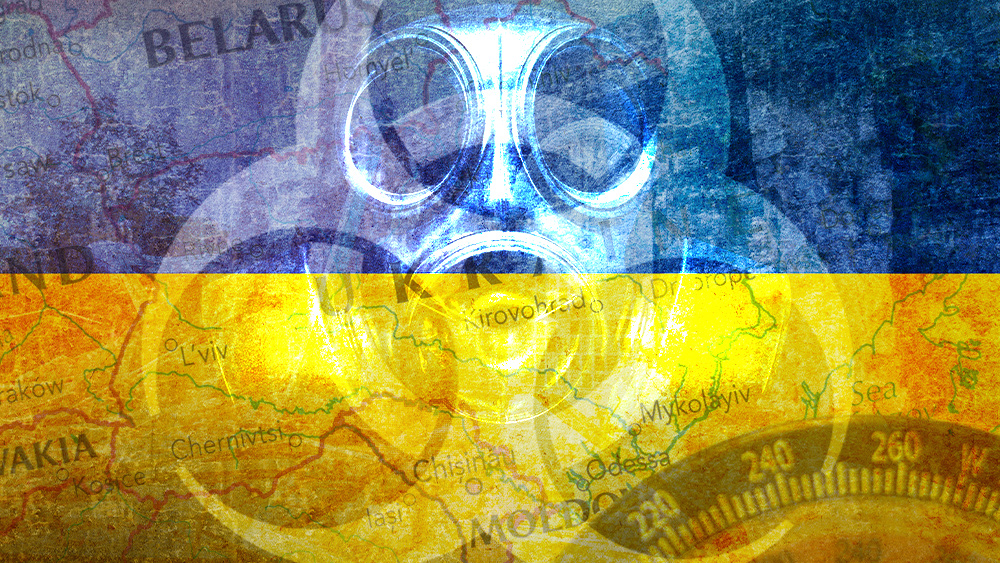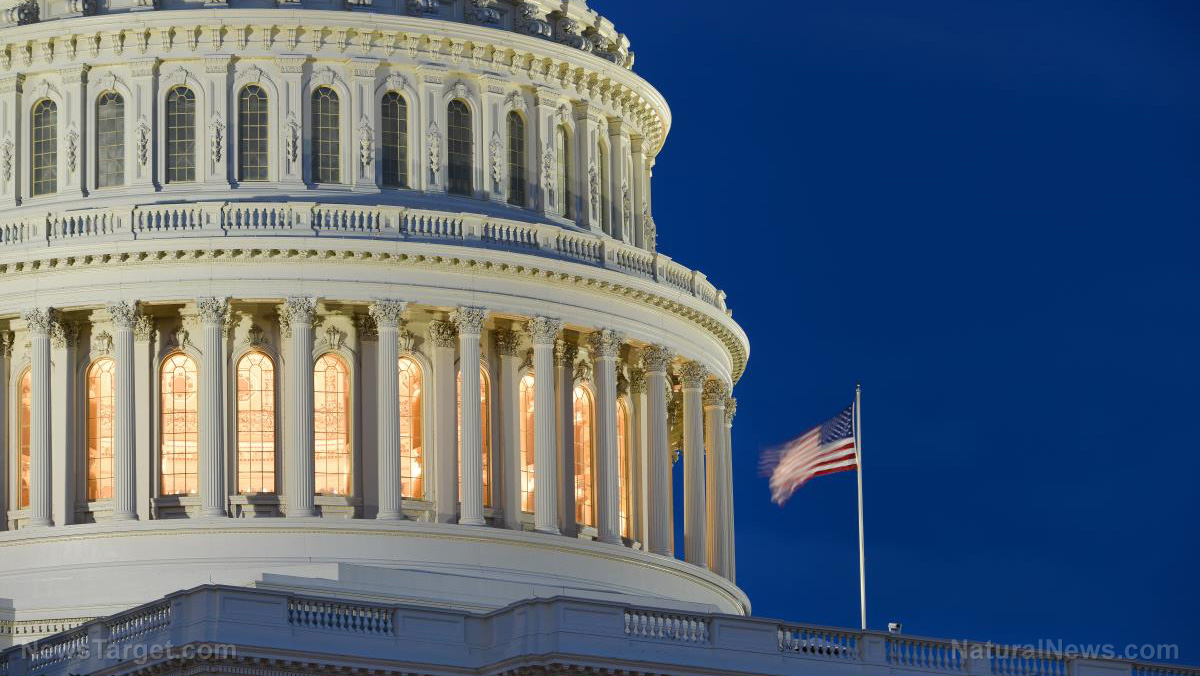Global food shortages about to become much worse as Ukraine halts all exports of commodities
03/11/2022 / By JD Heyes
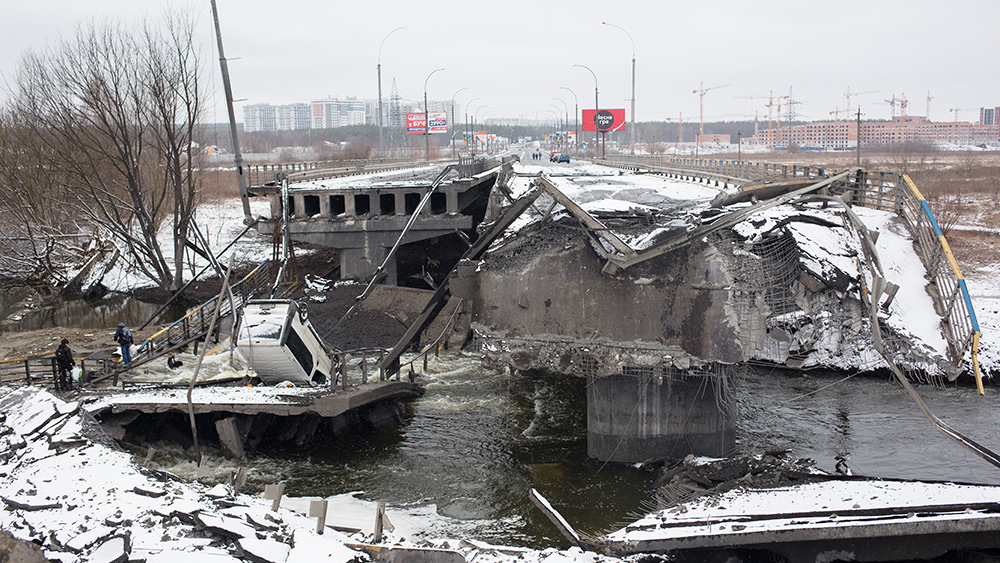
There has been a shortage of nearly every product following the insanity of shutting down the planet over a coronavirus with a 99.1 percent survival rate, and the supply chain crisis is not likely to abate anytime soon.
In fact, the situation is likely to only get worse, as the war between Russia and Ukraine continues.
“The government of Ukraine has introduced zero quotas for exports subject to licensing in 2022 of corn, oats, buckwheat, millet, sugar and salt suitable for human consumption, according to government resolution No. 207 dated March 5, published on the government website on Sunday,” the Strange Sounds website reported earlier this week.
In addition, zero quotas were also implemented for the export of live cattle and frozen beef as well as “meat and edible meat offal, salted or in brine, dried or smoked; edible meat from meat or meat offal: bovine meat,” notes the resolution, Ukrainian Customs Commodity Classification Codes for Foreign Trade code 021020.
On Sunday, Prime Minister Denys Shmyhal said Kyiv decided to limit the export of several other commodities as well as the raw materials from which they are produced but he was not specific about what product groups were selected.
According to ABC News, the zero export directive was implemented so that the government can ensure that its own citizens are fed first:
The export ban is needed to prevent a “humanitarian crisis in Ukraine,” stabilize the market and “meet the needs of the population in critical food products,” Roman Leshchenko, Ukraine’s minister of agrarian and food policy, said in a statement posted on the government website and his Facebook page.
It’s the latest sign that…Russia’s invasion of Ukraine threatens the food supply and livelihoods of people in Europe, Africa and Asia who rely on the farmlands of the Black Sea region — known as the “breadbasket of the world.”
Russia and Ukraine together supply nearly a third of the world’s wheat and barley exports, which have soared in price since the invasion.
“The export ban will likely reduce global food supplies just when prices are at their highest level since 2011,” the network continued.
The loss of commodities from Ukraine is significant. As the largest country in Europe not named Russia, Ukraine also features extremely fertile “black soil” that is capable of producing some of the highest crop yields on the planet, according to a report posted this week. That is what earned the country the moniker, “Europe’s breadbasket” — being capable of providing food for a half-billion people.
“Ukraine produces 18% of the world’s sunflower seed, safflower or cottonseed oil exports; 13% of corn production; 12% of global barley exports; and 8% of wheat and meslin,” the report stated. “In absolute figures, corn is the largest Ukrainian export market and brings in a massive $4.77 billion every year. Seed oils ($3.75bn), iron ore ($3.36bn) and wheat ($3.11bn) are also major export markets for Ukraine.”
China is the largest buyer of Ukrainian-grown corn, but the only country to rival it in corn production is an ally of China — and that would be Russia.
The report went on to explain the impact of the loss of Ukrainian commodities.
“The fighting disrupts the usual process of cultivating, harvesting, selling and transporting the crops that are so vital both for the Ukrainian economy and for nutritional demands of nations all over the world. Russia too will experience disruption to its crop production if the invasion is prolonged and is also receiving severe economic sanctions at the moment,” the report said.
The fighting in Ukraine obviously is not on our doorstep, but that doesn’t mean the ill-effects of that war aren’t going to reverberate all the way to American shores.
Worse, we have the feeblest president in the history of our country to ‘deal’ with it.
Sources include:
Submit a correction >>
Tagged Under:
bread basket, commodities, corn, export halt, famine, fighting, food riots, food scarcity, food shortage, grain, oats, oils, Russia, Russian invasion, starvation, supply chain crisis, Ukraine, War, zero exports
This article may contain statements that reflect the opinion of the author
RECENT NEWS & ARTICLES
COPYRIGHT © 2017 WWIII NEWS

